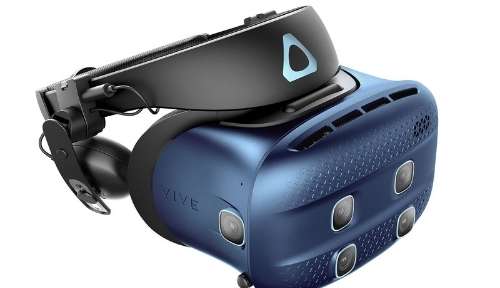It barely feels like a day goes by without another tech company securing vast amounts of investment for their metaverse efforts. Recently, the developers of Fortnite and the Unreal Engine, Epic Games announced it’s raised a further $2 billion to realise their metaverse goals.
This comes just under a year after the company raised $1 billion for metaverse development, which included $200 million from Sony.
Let’s take a look at how Epic has raised this money, and how they’ll be spending it.
Where Does the Investment Come From?
Unlike 2021’s round of investment, Epic’s new wave of funding comes from two places: The funding is equally split between Sony Group Corporation and KIRKBI, the private investment and holding company that owns The LEGO Group.
This $1 billion investment from Sony adds to cash injections of $200 million in 2021 and $250 million in 2020. Previous investments have been geared toward creating a real-time 3D social and entertainment experience that blends games, music, and movies.
The other half of the funding comes from KIRKBI. The company’s chairman is billionaire, Kjeld Kirk Kristiansen, grandson of the LEGO inventor, and former CEO of The LEGO Group. The relationship between the two companies will focus on creating a safe and fun metaverse experience that children and families can all enjoy.
This follows in the footsteps of Epic’s 2020 acquisition of SuperAwesome, a company that pioneers the development of technology aimed at keeping children safe in digital spaces.
Epic’s funding will help accelerate the process of building the metaverse and develop social spaces where brands can create an immersive experience for users.
An Epic Story
Originally called Potomac Computer Systems and then Epic MegaGames, Epic Games was established by Tim Sweeney in 1991. After creating a handful of titles, in 1998, Epic licensed its Unreal Engine to other game developers. This popular game engine has been used to create titles such as Batman: Arkham City, Kingdom Hearts, Yoshi’s Crafted World, and Epic’s own Gears of War and Fortnite.
The long-awaited Unreal Engine 5 was released to creators at the start of April 2022. To this day, Sweeney remains the company’s CEO and despite their recent financial boost, Epic continues to have a single class of common stocks. The company’s equity valuation currently stands at more than $31 billion.
How Does Epic’s Vision Differ From Meta’s
One of the major differences between Epic’s metaverse plans in comparison to those of Meta is that Sweeney’s vision won’t be ad-laden and news feed-centric. The Epic metaverse would also seek to remove the barriers between closed systems. That means that in the virtual world, platforms will be seamlessly interlinked.
Meta’s vision of the metaverse very much seems to be a social media platform that’s superimposed over the real world using AR or mixed reality glasses. So far, Meta has spent over $10 billion on its metaverse play.
Epic has been quietly working towards its web 3.0 future for several years by developing world-building engines and creating the massively multiplayer online game, Fortnite, which already exists as a metaverse experience.







